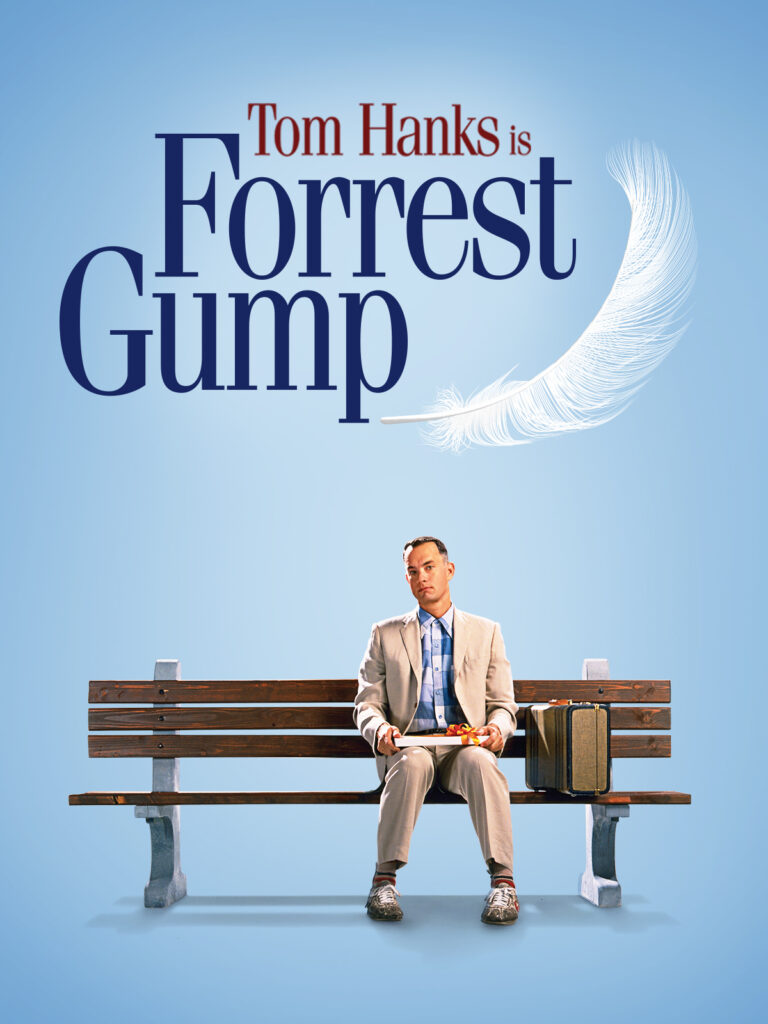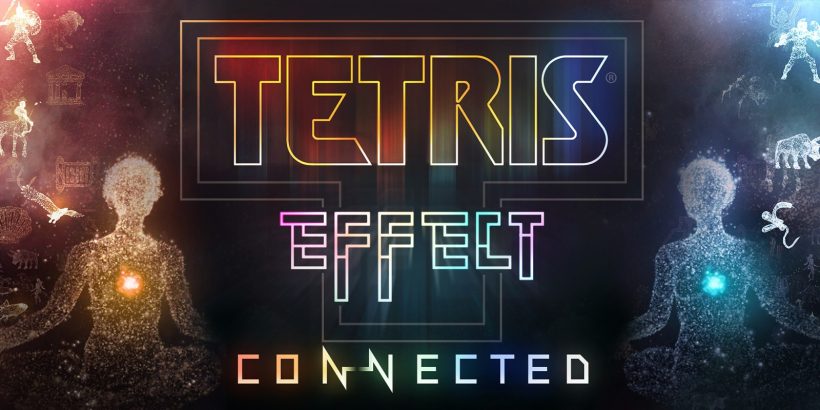
Life is a tapestry woven with joy, sorrow, triumph, and struggle. No cinematic genre captures this intricate human experience quite like drama films. They invite us to step into the shoes of others, to feel their pain, celebrate their victories, and grapple with the complex realities that shape our world.
Unlike the adrenaline rush of action or the cathartic release of comedy, drama demands our full attention, our empathy, and often, our reflection. It’s where the most profound stories unfold, where characters confront their deepest fears, and where the human spirit is tested and transformed. From intimate personal struggles to sweeping historical sagas, drama films illuminate the nuances of life, offering insights into ourselves and the society we inhabit.
This guide is an invitation to explore the compelling landscape of dramatic cinema. We’ll uncover what truly defines a powerful drama, how the genre has evolved as a mirror to society, and highlight the iconic and hidden gems that will stir your emotions and spark meaningful conversation. Prepare to be moved.
The Heart of the Story: What Defines a Powerful Drama Film?
Drama films don’t rely on explosions or punchlines; their power lies in their ability to evoke deep emotional responses through compelling narratives and well-crafted characters. Key elements include:
- Deep Character Development: Audiences are drawn into the internal and external journeys of characters, witnessing their growth, flaws, and transformations.
- Conflict and Resolution (or lack thereof): Whether it’s an internal struggle, interpersonal conflicts, or societal challenges, drama thrives on tension and the consequences of choices. Not all dramas offer neat resolutions, reflecting life’s complexities.
- Emotional Resonance: The goal is to make the audience feel—empathy, sorrow, hope, anger, joy. This is achieved through strong performances, evocative direction, and authentic storytelling.
- Thematic Depth: Drama often explores profound themes such as morality, justice, love, loss, identity, sacrifice, and the human condition, prompting viewers to contemplate their own values.
- Realism (or heightened realism): While not always purely factual, dramatic narratives often strive for a sense of authenticity, making the struggles and triumphs relatable and impactful.
Holding a Mirror: How Drama Films Reflect and Shape Our World
Drama has long served as a powerful medium for cultural commentary, social critique, and historical reflection. Its evolution runs parallel to societal changes and consciousness:
- Early Melodrama and Social Awareness (Early 20th Century): From the outset, drama captivated audiences with heightened emotions and moral lessons. As cinema matured, it began tackling nascent social issues, laying the groundwork for more complex narratives.
- Post-War Realism & Character Focus (Mid-20th Century): The aftermath of global conflicts led to more introspective and gritty dramas. Films began exploring the psychological toll of war, social inequality, and the struggles of the common person, moving away from purely theatrical performances towards more naturalistic acting (e.g., A Streetcar Named Desire, On the Waterfront).
- The New Hollywood Era & Challenging Narratives (1960s-1970s): This period saw directors pushing boundaries, often creating anti-establishment dramas that questioned authority, explored alienation, and featured morally ambiguous protagonists (e.g., The Godfather, Chinatown).
- Epic Scope & Personal Intimacy (1980s-1990s): The genre expanded to encompass grand historical dramas, bringing significant past events to life, while also delving into highly personal stories of love, loss, and resilience (e.g., Schindler’s List, Forrest Gump).
- Modern Diversity & Global Perspectives (2000s Onward): Contemporary drama reflects an increasingly interconnected world. It explores diverse cultural experiences, often through independent cinema, tackles pressing global issues, and continues to push narrative and thematic boundaries, often blurring lines with other genres to create hybrid forms of storytelling (e.g., Parasite, Manchester by the Sea).
The Spectrum of Emotion: Key Drama Subgenres
The dramatic landscape is vast, offering myriad ways to explore the human condition:
- Biographical Drama (Biopic): Films based on the lives of real historical figures, showcasing their achievements, struggles, and impact (e.g., Oppenheimer, The King’s Speech).
- Historical Drama: Set in specific historical periods, often depicting real events or fictional stories within accurate historical contexts (e.g., 12 Years a Slave, Gladiator).
- Legal Drama: Centered around legal proceedings, courtroom battles, and issues of justice and morality (e.g., To Kill a Mockingbird, A Few Good Men).
- Social Drama: Explores societal issues, class struggles, political movements, or the impact of social structures on individuals (e.g., Erin Brockovich, Nomadland).
- Psychological Drama: Delves into the mental and emotional states of characters, often exploring inner turmoil, trauma, or complex relationships (e.g., A Beautiful Mind, Black Swan).
- Coming-of-Age Drama: Focuses on the transition from childhood to adulthood, exploring themes of identity, first love, and self-discovery (e.g., Stand by Me, Lady Bird).
- Family Drama: Explores the complexities of family relationships, often revealing secrets, conflicts, and the bonds that tie members together (e.g., Ordinary People, August: Osage County).
- Medical Drama: Set in hospitals or medical environments, focusing on the lives of medical professionals and the moral dilemmas they face (e.g., Awakenings, Still Alice).
Cinematic Journeys: Must-Watch Drama Films

These are the films that have defined the genre, offering powerful narratives and unforgettable performances that will stay with you long after the credits roll:
- Casablanca (1942): A timeless classic blending romance, sacrifice, and moral dilemmas against the backdrop of World War II. Its iconic dialogue and emotional depth endure.
- To Kill a Mockingbird (1962): A powerful legal drama that explores themes of racial injustice, prejudice, and moral courage through the eyes of a young girl in the American South.
- The Godfather (1972): More than just a crime film, it’s a profound family drama exploring power, loyalty, succession, and the corrupting influence of ambition.
- One Flew Over the Cuckoo’s Nest (1975): A scathing critique of institutions and a powerful story of rebellion, individuality, and the human spirit trapped within an oppressive system.
- Schindler’s List (1993): Steven Spielberg’s harrowing yet ultimately hopeful historical drama about one man’s efforts to save over a thousand Jews during the Holocaust. A masterwork of cinematic empathy.
- The Shawshank Redemption (1994): A beloved tale of hope, perseverance, and friendship against the grim backdrop of a maximum-security prison. Its enduring popularity speaks volumes.
- Forrest Gump (1994): A heartwarming and often poignant journey through several decades of American history, seen through the eyes of a simple, kind-hearted man.
- American Beauty (1999): A darkly comedic yet deeply dramatic exploration of suburban ennui, mid-life crisis, and the search for beauty in ordinary life.
- Eternal Sunshine of the Spotless Mind (2004): A unique blend of sci-fi and psychological drama, exploring love, memory, and the pain of heartbreak in a profoundly original way.
- There Will Be Blood (2007): A monumental character study of ambition, greed, and isolation, anchored by Daniel Day-Lewis’s transformative performance.
- Parasite (2019): A darkly comedic thriller that masterfully blends social commentary with intense dramatic tension, exposing the stark realities of class inequality.
Undiscovered Depths: Under-the-Radar Drama Gems
Don’t miss these powerful dramatic films that deserve wider recognition:
- Sling Blade (1996): Billy Bob Thornton’s haunting and nuanced portrayal of a man released from a mental institution, grappling with a complex past and an uncertain future.
- Half Nelson (2006): Ryan Gosling delivers a powerful performance as a talented but troubled middle school teacher whose life spirals due to addiction, forming an unlikely bond with a student.
- Short Term 12 (2013): A remarkably empathetic and authentic look at the lives of troubled youth and the dedicated staff who care for them in a foster care facility.
- Manchester by the Sea (2016): A deeply affecting and raw portrayal of grief, responsibility, and the struggle to overcome devastating personal tragedy.
- The Farewell (2019): A beautiful and bittersweet family drama about a Chinese family who decide not to tell their beloved grandmother that she has terminal cancer. It’s both humorous and heartbreaking.
The Enduring Allure: Why Drama Resonates So Deeply
Drama films touch us in ways few other genres can. They offer:
- Catharsis: A release of emotions, allowing us to confront difficult feelings in a safe space.
- Empathy and Understanding: They help us connect with characters and situations beyond our own experiences, fostering compassion and broadening our perspectives.
- Reflection: Dramas often prompt introspection, making us consider our own choices, values, and the human condition.
- Social Relevance: They can highlight important societal issues, spark conversations, and even inspire change.
- The Beauty of the Human Spirit: Even in the darkest narratives, dramas often showcase resilience, courage, and the enduring power of hope and connection.
Conclusion: Your Next Emotional Journey Awaits
From the sweeping epics that span generations to the intimate portraits of personal struggle, drama films are a cornerstone of cinema, providing profound insights into what it means to be human. They challenge us, move us, and ultimately, enrich our understanding of the world and ourselves.
What dramatic film has left the biggest impact on you? Which character’s journey do you find most compelling?
Now that you’ve explored the profound world of dramatic cinema, we’d love to hear your voice! Head over to our to leave your personal reviews of your favorite drama films, share your most impactful cinematic moments, or discuss the stories that moved you most! Let’s continue the conversation.



